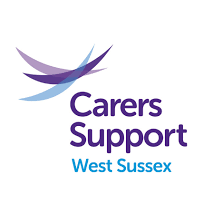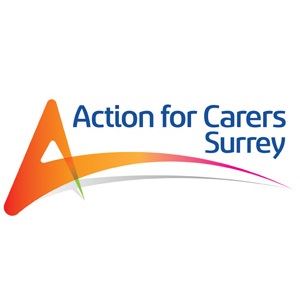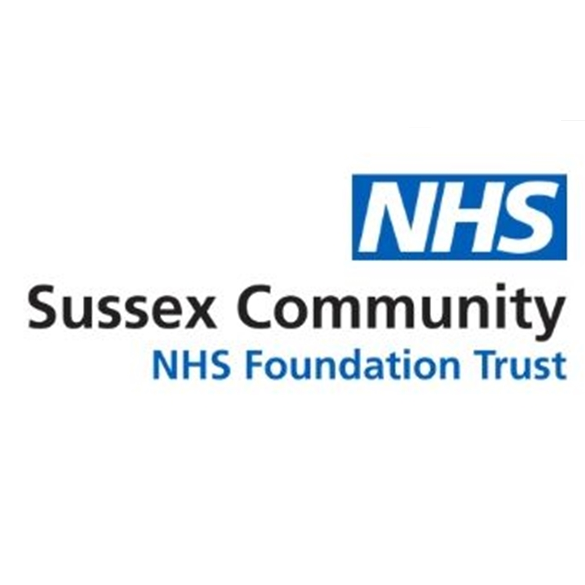Carers Support
Tell us that you care
If you care for someone who could not cope without your support because of illness, frailty, disability, a mental health problem or an addiction, whether that's a family member, partner or friend, then you are a carer.
If that's you, please let us know by filling out this online form. As a carer, you are entitled to specific support, such as health check-ups and free flu vaccines, so we want to make sure we can support you.

Carers Support West Sussex
Carers Support recognise that being a carer comes with many different challenges. They have a range of services that can help support you, from counselling and access to relaxation therapies to a Carer Wellbeing fund, Support Groups and Carer Response Line.

Action for Carers Surrey
Action for Carers have a range of services to support you in your caring role, including a helpline, one-to-one support from Carer Support Advisors, carer hubs and support groups.

Carers Health Team
A team of health professionals who aim to promote the health and wellbeing of carers.
The Carers Health Team provide a free service, working directly with carers to help them develop strategies to reduce the strain of their caring burden. They can provide information and advice on specific health conditions, as well as practical advice on the caring environment (safe lifting and handling, healthy eating, risk minimisation).
Working with your GP surgery
Proxy Access
If you have access to the internet, you can request to have proxy online access for the person you care for, which means that you can book their appointments and request their medication online via a computer or smartphone.
If you and the person you care for are both registered at our practice, they can grant you access to their record using the Airmid app. Go to the 'Family' section of the app and tap the 'Give access' button to get started.
Otherwise, please come into the surgery with photo ID and ask to sign up. If the person you care for is able, they will also need to come along with photo ID so we can ensure they consent to you having this proxy access. If they are unable to come with you, please give us a call and a member of the Patient Services Team will be happy to talk through the options with you.
Consent to Share Information
If the person you care for is happy for you to discuss their medical records freely with their doctor, we can mark on their records that they have given you consent to share. This means that if you need to speak to GP staff on their behalf, staff will know that they are able to talk freely to you.
To make sure this is only done with a patient's full understanding and consent, we ask you and the person you care for to come into the surgery to request this, bringing photo ID if possible. We will ask you to fill in a form together, to make sure all parties are happy to continue.
If the person you care for is unable to come into the surgery, please give us a call and a member of the Patient Services Team will be happy to talk through the options with you.
Planning Ahead
Power of Attorney
Even if you don't think it will be useful yet, it's a good idea to speak to the person you care for about getting a Power of Attorney sorted as early as you can. Power of Attorney lets them appoint one or more people to help them make decisions, or make decisions on their behalf. It only becomes active at the point where they can no longer decide for themselves.
They can choose whether they want a Power of Attorney for health and welfare, for property and financial affairs, or for both.
It costs £82 to register a Power of Attorney unless you get a reduction or exemption.
You can find out more on gov.uk.
Your Care Matters
You may find it helpful for the person you care for to set up a "MyCareMatters" profile. This tells hospital staff and other healthcare professionals about the things they want staff to know about them as a person. It can also be a useful tool to help friends, family and carers understand what a person would want to happen if they need more care in the future, or if they needed to go into hospital.
The MyCareMatters profile is of particular value to people with communication challenges, such as those living with dementia, but there may come a time in any of our lives that we are admitted to hospital, for a planned visit or in an emergency and may, temporarily or otherwise, be unable to communicate. MyCareMatters provides the opportunity to tell hospital staff that you drink your tea black, that you have a fear of needles and like to wear socks in bed because of your poor circulation. For carers, it can help to have all of this information in one easy-to-share place.
For more information, and to create a profile, visit the MyCareMatters website.
The Herbert Protocol
There is nothing more distressing than a loved one going missing and for people caring for someone with dementia this can become a regular occurrence.
The Herbert Protocol is a national scheme adopted by several police forces. The initiative is named after George Herbert, a Second World War veteran, who lived with dementia and repeatedly went missing from his care home.
It encourages carers or next of kin to compile and keep useful information which could be used in the event of a vulnerable person going missing. It asks for vital information about the vulnerable person, including regular routines, favourite places to visit, and details about their physical health and current medical conditions.
Both Surrey and Sussex police have adopted this scheme. Find out more from:
